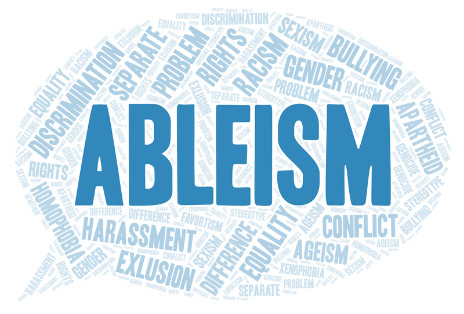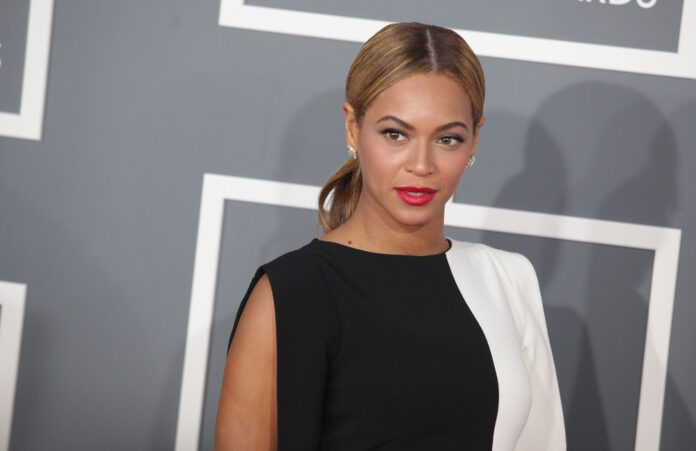Disability Pride Month seemed to end on a low note following the release of Beyoncé new album, Renaissance, on July 29, 2022, which included an unexpected ableist slur. Known as “Queen Bey,” the 40-year-old singer-songwriter has long reigned as a pop culture icon. But, unfortunately, it appears that Beyoncé, like so many others, remains more so of a ‘commoner’ when it comes to understanding disability culture and inclusive representation. Let’s face it, misconceptions surrounding disabilities remain and ableist language persists…
Here’s How Beyoncé Missed a Beat
Beyoncé holds the all-time record of the most Grammy wins ever by a female artist. So the release of Renaissance, her first full release since 2016’s Lemonade, immediately had millions of music fans enthusiastically streaming her highly-anticipated seventh studio album. But not everyone was hailing the Queen…
Lyrics of “Heated,” a song co-written by Beyoncé́ and Drake, include the word “spazz,” which is considered to be a derogatory reference to the medical term spastic diplegia, a form of cerebral palsy, a neuromuscular condition. People with cerebral palsy often experience stiff muscles and exaggerated reflexes (spasticity), among other differences related to movement/coordination, speech/eating and development.
But Beyoncé’s song isn’t about cerebral palsy. Thus, disability advocates question why such ableist language is yet again being casually used for entertainment purposes and, furthermore, ever-present in our world in general.

Harmful Language Related to Disability Persists
Ableism is undoubtedly present in modern language. For example, the adjective “lame” is defined by Merriam Webster’s dictionary as having a body part and especially a limb so disabled as to impair freedom of movement. Over time, “lame” seems to have taken on another meaning of being boring or uncool. Sure, many words have varying or multiple definitions, but equating disability terms with undesirability or a lesser-than depiction is offensive.
Beyoncé is a wildly popular entertainer and so, as a top-selling artist, her words do matter. That’s because ableism affects everyone. According to industry reports, Renaissance became Spotify’s most-streamed album by a female artist in 2022 thus far, achieving more than 43 million streams in a single day. Since ableist language shapes how people think and perceive certain differences, Beyoncé’s influence is huge and, in this case, unnecessarily damaging to the disability community and community-at-large.

Is Beyoncé “Tone Deaf?”
This musical misstep came as a surprise since the singer and her producers could have seen this coming thanks to a prior incident. You see, six weeks earlier another chart-topping singer, Lizzo, was called out for using the same ableist slur (“spaz”) after the release of her song “GRRRLS.” In early June, a tweet by writer Hannah Diviney went viral when the disability advocate explained how Lizzo’s slur offensively aligned with her disability (cerebral palsy). Lizzo quickly took to social media to acknowledge the misappropriation and promised to update the song with more acceptable lyrics. She wrote, in part, “As an influential artist, I’m dedicated to being part of the change I’ve been waiting to see in the world.”
She got it after a well-intentioned disability advocate offered some insight. But was the damage already done? And why does the same old inclusive education need to be given again and again?
Diviney, among others, swiftly offered similar frustrations following the soon thereafter release of Renaissance. And, again, it didn’t take long for Beyoncé’s representatives to confirm that the lyric would be removed, declaring to CNN in a statement that “the word, not used intentionally in a harmful way, will be replaced.” It seems a bit hard to believe, however, that no one in Beyoncé’s large team recognized the potential for backlash following the very same matter that publicly arose just weeks prior.
Listen, we are all human – with and without disabilities – and we all make mistakes. So maybe the public shouldn’t assert that Queen Bey be dethroned. Her musical chops really do reign supreme! Rather, her misstep in using ableist language can serve as a much-overdue, far-reaching lesson for all of us. Ableist language, intentional or otherwise, is disparaging and, well, avoidable. Let’s tune into the power of positive lyrics…
Does music influence your life? Share with AmeriDisability on Facebook, Twitter and Instagram!






